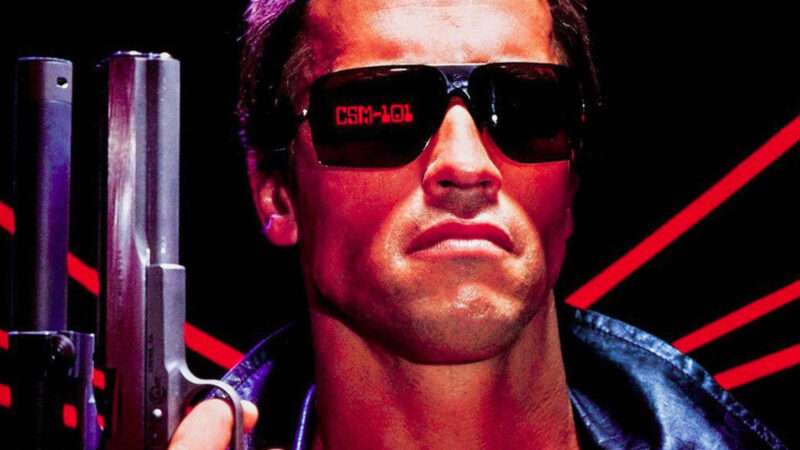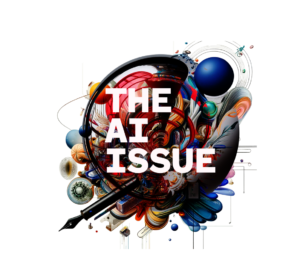
For the pop culture–savvy, artificial intelligence has long been synonymous with Skynet, the autonomous machine network introduced in James Cameron's 1984 film The Terminator.

Skynet embodies the dreaded Singularity, the theoretical point where technology advances so far that it moves beyond our control. In the franchise's ever-expanding lore—stretched across six films and a TV show, so far—Skynet is an all-powerful military AI that achieves sentience.
Perceiving humanity as a threat, it attacks, first with the global nuclear arsenal and then with an army of skeletal metal robots that can appear human—the titular Terminators. Humans and Terminators travel back in time from a post-apocalyptic future to gain an advantage in the coming war.
While the film and its first sequel, 1991's Terminator 2: Judgment Day, are sci-fi action masterpieces, their depiction of AI is at odds with reality and may even harm its popular perception. Series star Arnold Schwarzenegger claimed last year that Cameron "predicted the future," as the scenario of "the machines becoming self-aware and they take over…has become a reality." In December 2023, OpenAI CEO Sam Altman grumbled that when the company started, "every article about us used the same Terminator photo," though he conceded that "the greatest sci-fi stories that I ever read or watched…were the AIs going rogue."
Although experts find the prospect of homicidal AI remote at best, the popular perception of murderous metal machines makes people more freaked out about artificial intelligence than they should be.
The post Review: <i>The Terminator</i>: The Original Killer AI appeared first on Reason.com.







